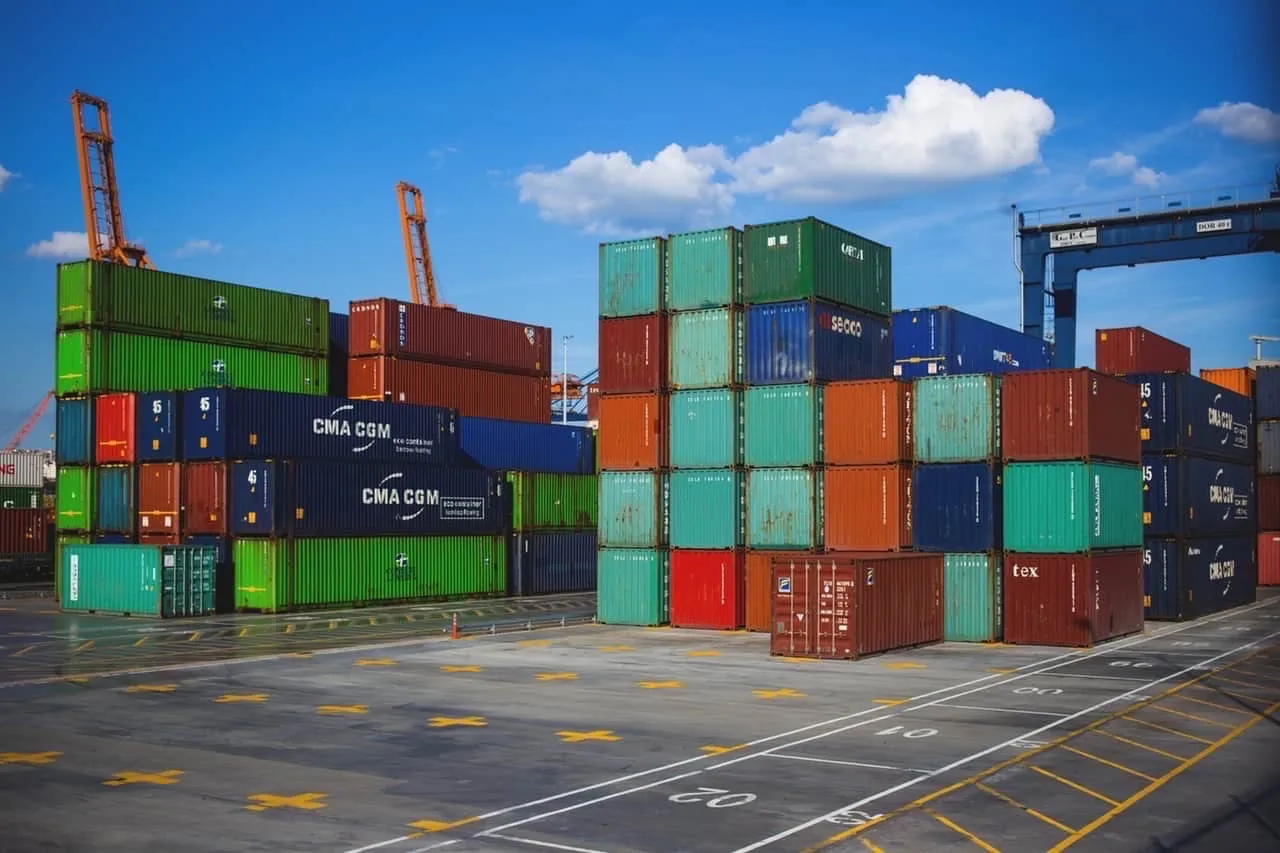It’s 2016. We are now capable of creating music out of thin air, and beyond. But there’s this part of industry, which is still struggling with something called the Storage Resource Management (SRM).
SRM is probably the biggest thing that IT managers are struggling to optimize these days. Many organizations still think that they could do Forklift upgrades to their storage system, or add up more storage arrays to meet the data explosion needs.
But this is not growth. This is an explosion. And it has to be solved.
When I recently met an IT manager of a large print media corporation at GITEX 2015, his biggest issue was not about expanding his storage arrays, but it was about the growing maintenance cost of existing storage arrays. Companies like them are stuck with the need to make decade old data available to their users anytime they want. This limits them from deleting or disconnecting storage arrays that hold these data.
One way to deal with this issue is to check which array is underutilized and make room for some more data and move the new data into that space. But the challenge here is the amount of time you will spend, and also the clutter you would be creating when moving data into a old array.
Now that we understand the problem better, let’s talk about the solution.
Is moving to the cloud a solution?
When you put up our problem to a vendor, asking him/her to come up with a solution for your data explosion issues, moving to the cloud might be the solution they would highly recommend. This sounds amazing, only if your company does not really care about the data that’s getting moved into the cloud, and if cost is not the biggest problem.
But, if you care about having complete control over your data, then, cloud is not what you are looking for. Your own data-center is your heaven. But again, how do you cut down the cost?
Adding value to your SRM Process
Many organizations (it could be yours) think that the falling storage costs is helping you have your expenses under control. But think about the money you would be spending to maintain the arrays. The resources you would be spending to make sure everything works and is up and running. And dear God, good luck with moving your data to the upgraded infrastructure.
To add value to your existing SRM process, with minimal or no downtime, and the ability to sit down and relax as the magic happen, you need a system that has the ability to move your data, make more disk space available and give you a detailed report of what the problem was, why the problem occured and how can it be solved.
One of the biggest improvement you can make to your existing SRM Process, would be to invest a small amount of your storage expansion spending to buy out a middleware, set it up in less than five minutes and let the middleware take care of analyzing, moving, reporting and compressing your data, everything in real-time.
With SHRINK, a customer like you, can easily improve your SRM Process, leave it for the machine to learn about your data explosion rate and suggest prevention techniques to have your cost under control.
We created SHRINK with IT managers in mind. The system does one thing the best, improving your Storage Resource Management Process drastically.
The first time you install SHRINK, it walks you through a series of steps which will take no more than five minutes, for the system to know about your existing storage structure. Go through that wizard, and the system prompts you if you want to compress the existing data either on the existing arrays, or move the data to a new storage array. It is that easy.
The system does one thing the best, and there’s no match for it in the market. That’s Compression.
Since SHRINK is a universal system, it can fit into any of your existing storage systems in your organization.
Give SHRINK a try
Me and my team at Skcript truly believe that the data explosion is something that is going to exponentially increase the operational costs of enterprises, despite the falling storage hardware costs. SHRINK could be your solution. Just give it a try, and I’m sure you will realize that the dream of cutting down storage costs with an amazing compression technology, is REAL.
Subscribe to our newsletter
Get the latest updates from our team delivered directly to your inbox.
Related Posts
AI's ROI grows with time. You just don't realize that yet. Let's call it ROA.
Artificial Intelligence is at the center of today's innovation. Thanks to the disruptive capabilities powered by scalable machines. Here is a quick guide to calculate the return on investment on Artificial Intelligence and the impact it can have on your business. Specifically for the Middle East markets.
10 security measures you need to implement in your app NOW
Hacking in any amount isn't too much of a good thing. That's why it's important to protect your data as and when you can. Here are the top 10 ways in which you can beef up the security of your app.
Five use cases of Artificial Intelligence for the next decade
The market value of Artificial Intelligence is expected to reach $39 billion by the year 2025. Here are some of the use cases and industries that will be a part of this huge revolutoin. And how Skcript is taking the lead here!

